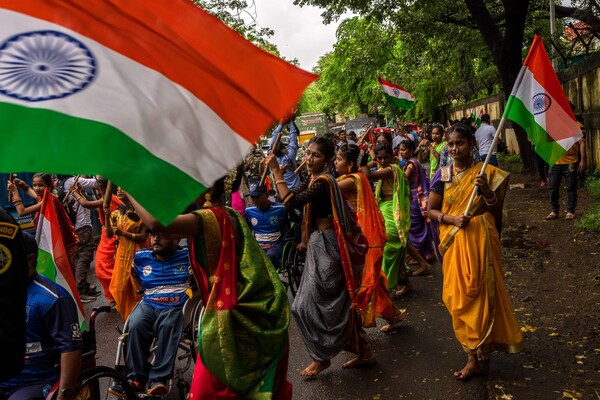
Articles from Kristina Linnea García

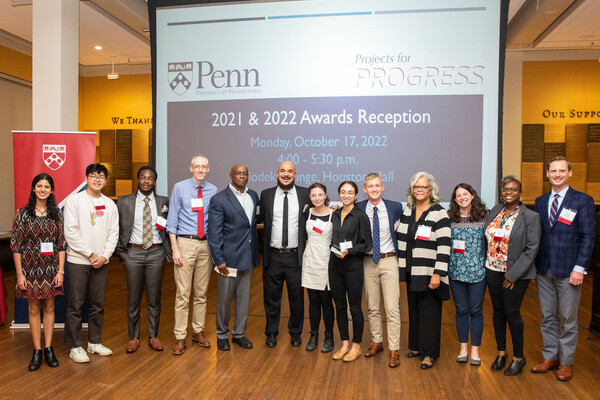
The Projects for Progress awards reception celebrated the 2021 and 2022 recipients. 2021 recipients are pictured with Charles “Chaz” Howard, University Chaplain and Vice President for Social Equity & Community. (Image: Eddy Marenco)
Projects for Progress, two years in
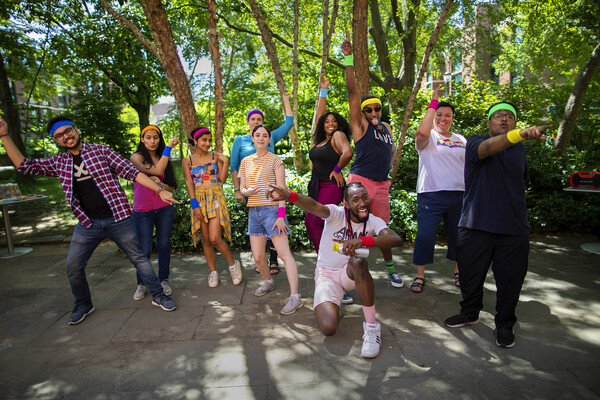
The LGBT Center’s “Dance Outside with Pride” event in June 2021.
LGBT Center by the numbers
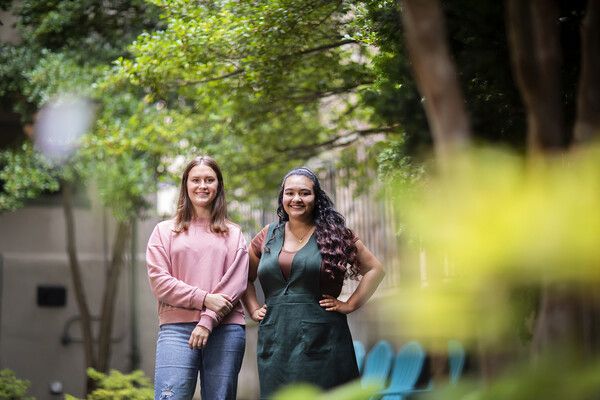
Ryly Ziese (left) and Nyair Locklear (right) outside the Greenfield Intercultural Center.
The significance of Indigenous People’s Day

Finding community in the Jewish High Holy Days
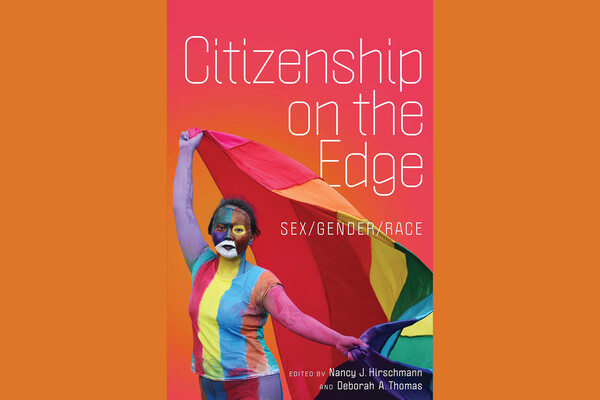
A new book by anthropologist Deborah A. Thomas and political scientist Nancy J. Hirschmann compiles a series of essays examining citizenship from an interdisciplinary lens.
‘Citizenship on the Edge’
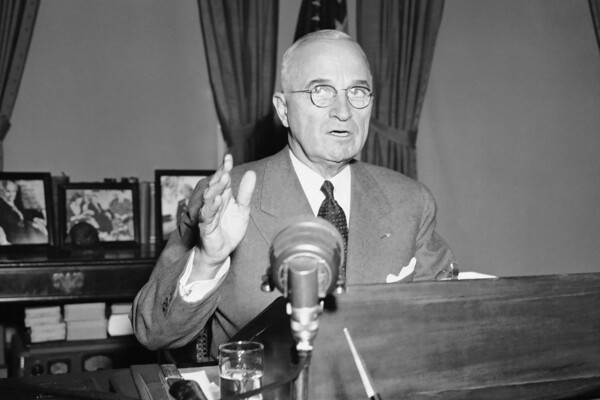
The first televised presidential speech was given by Harry Truman on Oct.5, 1947. (Image: AP Photo/Herbert K. White)
The television and the President
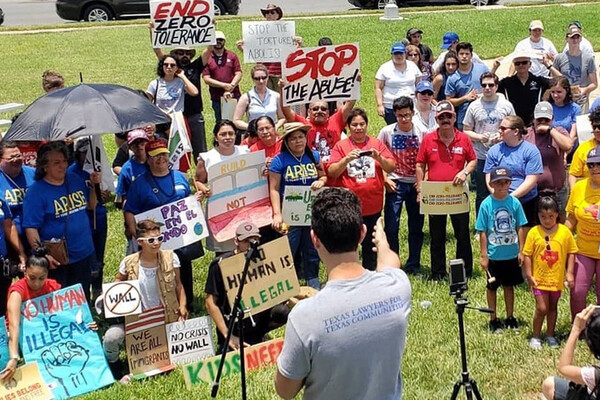
Olivares speaks to a group of people about immigration in McAllen, Texas during a rally to demand an end to the zero-tolerance policy in June 2019. (Image credit: Texas Civil Rights Project)
Zero tolerance: Family separation and U.S. immigration policy
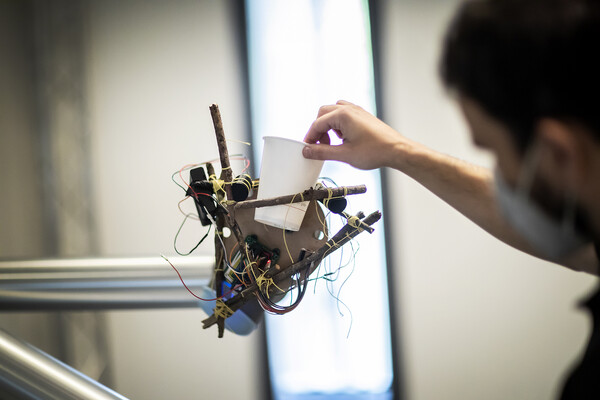
Carroll adjusts StickBot to work in grasper mode, where the robot holds a coffee cup.
A robot made of sticks
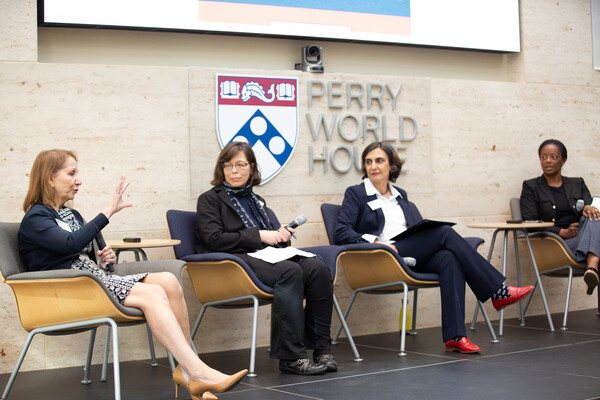
From left to right: Antonia M. Villarruel, Margaret Bond Simon Dean of Nursing at Penn Nursing, Emily Hannum, Professor of Sociology and Education and Associate Dean, School of Arts & Sciences, Tulia Falleti, director of the Center for Latin American and Latinx Studies, Class of 1965 Endowed Term Professor of Political Science, and Senior Fellow Leonard Davis Institute of Health Economics, and LaShawn Jefferson, executive director of Perry World House, at the conference opening plenary.